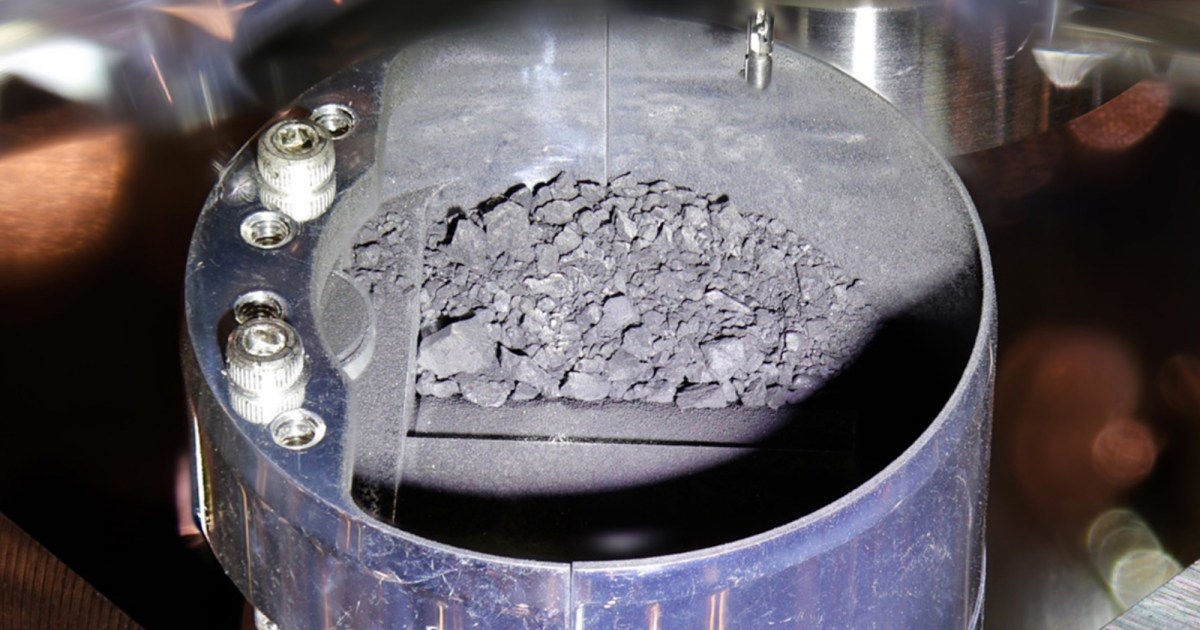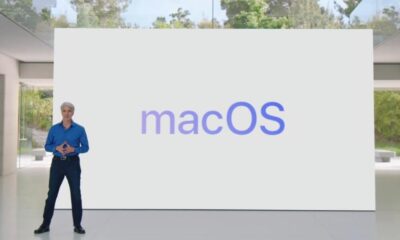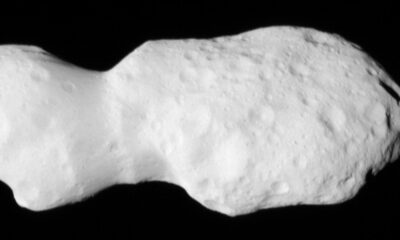Tech News
Life found on Ryugu asteroid sample, but it’s not as exciting as it sounds

Researchers at Imperial College London recently examined a rock sample from outer space, hoping to find evidence of extraterrestrial life. However, they discovered that the microbes present on the sample actually originated from Earth.
The sample was collected from the Ryugu asteroid during Japan’s Hayabusa2 mission in 2019 and brought back to Earth in 2020. Despite strict contamination controls, including hermetically-sealed transportation and nitrogen-purged clean rooms, terrestrial microbes were found on the sample’s surface within a week of exposure to Earth’s atmosphere.
The study, titled Rapid colonization of a space-returned Ryugu sample by terrestrial microorganisms, highlights the importance of robust safeguards in handling extraterrestrial material to prevent contamination. While this discovery may have dashed hopes of finding alien life, it underscores the need for careful handling and further research in this field.
Although the presence of terrestrial microbes on the Ryugu sample doesn’t necessarily mean that all samples are contaminated, any claims of extraterrestrial life discovery on the material will now face increased scrutiny. This finding serves as a valuable lesson for future research efforts involving extraterrestrial samples.
-

 Destination8 months ago
Destination8 months agoSingapore Airlines CEO set to join board of Air India, BA News, BA
-

 Breaking News10 months ago
Breaking News10 months agoCroatia to reintroduce compulsory military draft as regional tensions soar
-

 Gadgets3 months ago
Gadgets3 months agoSupernatural Season 16 Revival News, Cast, Plot and Release Date
-

 Tech News12 months ago
Tech News12 months agoBangladeshi police agents accused of selling citizens’ personal information on Telegram
-

 Productivity11 months ago
Productivity11 months agoHow Your Contact Center Can Become A Customer Engagement Center
-

 Gadgets3 weeks ago
Gadgets3 weeks agoFallout Season 2 Potential Release Date, Cast, Plot and News
-

 Breaking News10 months ago
Breaking News10 months agoBangladesh crisis: Refaat Ahmed sworn in as Bangladesh’s new chief justice
-

 Toys12 months ago
Toys12 months ago15 of the Best Trike & Tricycles Mums Recommend























